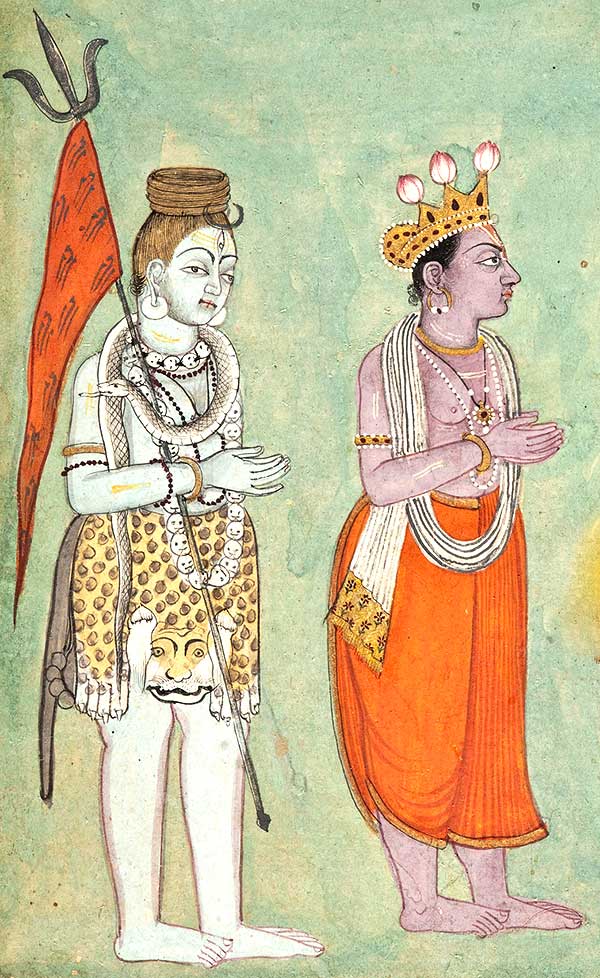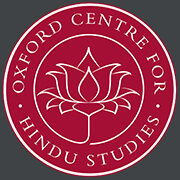Exploring the Yoga Sutras
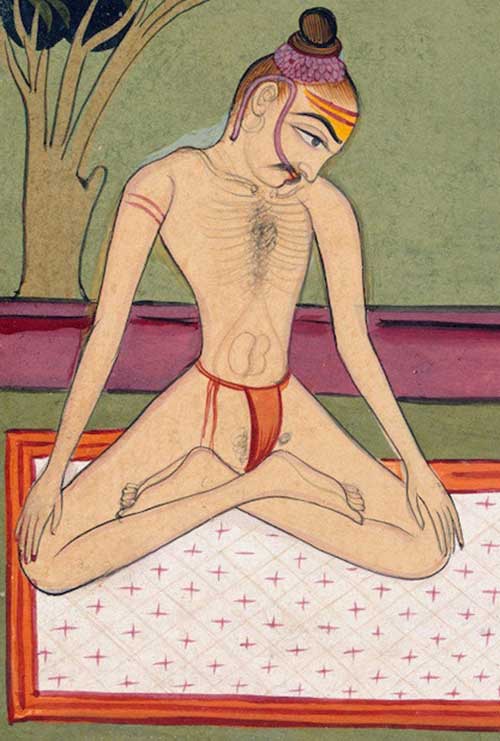
Patañjali’s Yoga Sūtras is one of the best known, yet least understood texts on Yoga. Yoga Sūtras are accepted as the authoritative text on Yoga doctrine and practice and in this course you can comprehensively – chapter by chapter, sūtra by sūtra – understand what Patañjali intended and what it means to modern spiritual practice.
We follow a structure that exactly reflects that designed by Patañjali as the best means of conveying his ideas. We use Dr Sutton’s full modern translation and for assistance and guidance we refer to the traditional commentators.
Start Date: 27 July 2025
Course Duration: Eight Weeks
263 pages
On-Demand Video
The main video component of your course. On-demand means you can watch at the time that suits you.
8hr 41min
Campus-wide Zoom sessions
These free Zoom sessions are not part of your main course materials. They are open to students enrolled in any course.
Explore other areas of Hindu studies! Meet tutors and students from other courses!
Monday 4 August 12noon
Tuesday 12 August 2pm
Wednesday 20 August 3pm
Thursday 28 August 5pm
Sunday 7 September 6pm
These are all UK times. Recordings are available for any sessions you miss
Patañjali’s Yoga-Sūtras
- Samādhi-pāda: Perception
- Sādhana-pāda: Practice
- Vibhūti-pāda: Power
- Kaivalya-pāda: Liberation
Download Dr Sutton’s verse-by-verse translation of the Yoga Sutras
Session One: From Sāṁkhya to Yoga Sūtras
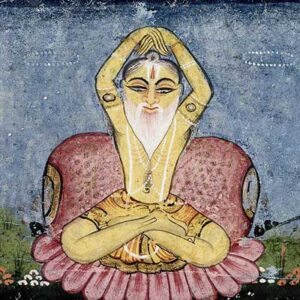 The Sāṁkhya system of Indian thought provides the philosophical basis for Patañjali’s Yoga Sūtras, and Patañjali himself makes extensive of Sāṁkhya teachings in his work. So we begin our course with an overview of the precepts of Sāṁkhya. This enables us to better identify and understand the ideas encountered within the Yoga Sūtras.
The Sāṁkhya system of Indian thought provides the philosophical basis for Patañjali’s Yoga Sūtras, and Patañjali himself makes extensive of Sāṁkhya teachings in his work. So we begin our course with an overview of the precepts of Sāṁkhya. This enables us to better identify and understand the ideas encountered within the Yoga Sūtras.
Session Two: Samādhi-pāda
In this session, we consider the first half of the Samādhi–pāda of the Yoga Sūtras, noting Patañjali’s definition of yoga. This is followed by his discussion of the conventional movements of the mind and the means by which such movements can be brought under control. We conclude with a discussion of the alternative path of devotion to the Deity, īśvara, which Patañjali introduces in sūtra 23.
Session Three: Transformation through Yoga
After his brief discussion of devotion to the Deity, Patañjali returns to his consideration of the ways in which the mind can be transformed by yoga practice. In this third session we will again follow his line of instruction as he reveals the importance of serenity of mind and two stages of samādhi (self-realisation): samādhi with an object on which the mind is focused and then the absolute absorption of pure seedless samādhi.
Session Four: Problems of Existence
The Yoga Sūtras were composed with the aim of revealing how the repetition of death and rebirth can be stopped. In this session, we consider the first half of the Sādhana–pāda in which Patañjali explores the existential problems of this world and explains how these problems can be resolved through yoga.
“When truthfulness is firmly established, the results of action become certain.“
Yoga Sutras 2.36
Session Five: Introducing Aṣṭāṅga
Turning to the second half of the Sādhana–pāda, this fifth session looks at how Patañjali delineates the forms of practice that can resolve the problems of life we looked at in Session 4. This practice consists of the yoga of eight limbs (aṣṭāṅga). In this session we review the first five of these as explained in the Sādhana–pāda.

Session Six: Unwavering Concentration
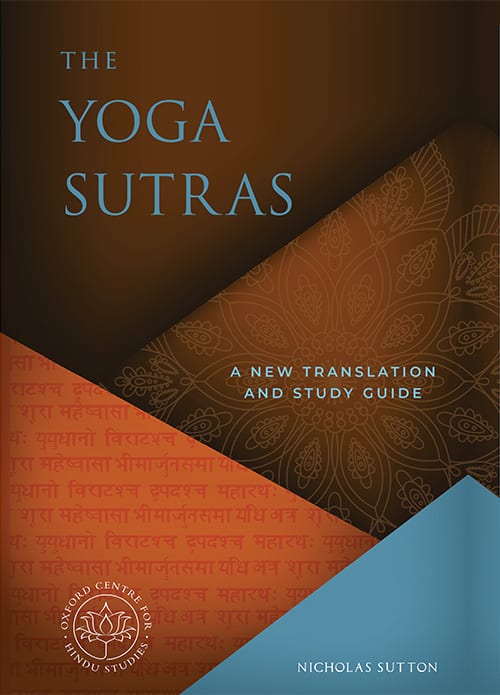
This course is based on Dr Sutton’s translation of the Yoga Sutras.
In the sixth session, we begin our review of the third chapter of the Yoga Sūtras, the Vibhūti–pāda. This begins with a discussion of the final three of the eight limbs (saṁyama). Patañjali reveals that the advanced practice of saṁyama, in the form of unwavering concentration, enables the practitioner to perform miraculous feats, a description of which forms the main part of the Vibhūti–pāda.
Session Seven: The Eternal Entity
Here we consider the final passages of the Vibhūti–pāda in which Patañjali shows that advanced saṁyama, including samādhi, brings with it not only supernatural abilities, but also the enlightened knowledge that brings liberation from rebirth. This discussion is then carried forward into the Kaivalya–pāda, and in this session we review the opening passages of that chapter in which Patañjali begins to demonstrate the reality of the eternal spiritual entity, ātman or puruṣa, which is our true identity beyond the body and mind.
Session Eight: Liberation
In this final session of the course, we follow the progression of Patañjali’s ideas up to their final conclusion, which is the attainment of kaivalya: liberation from this world. First of all, we notice his refutation of Buddhist views in order to demonstrate the reality of the world and the individual self, and then follow his line of discussion as he reveals that liberation can be attained through knowledge of the spiritual identity of the true self.

Everyone who finishes the course will receive a certificate for 12 hours of study.Teachers registered with Yoga Alliance can log these as continuing education with a YACEP.
Your Tutor

Daniel Simpson
Daniel has a Master’s degree in Traditions of Yoga and Meditation from SOAS, University of London. He’s also a devoted practitioner of asana, pranayama and meditation, which he’s studied on numerous visits to India since the 1990s. Daniel previously worked as a foreign correspondent, which helps him make complex subjects feel accessible. He writes about yoga for magazines and on his website: www.danielsimpson.info



